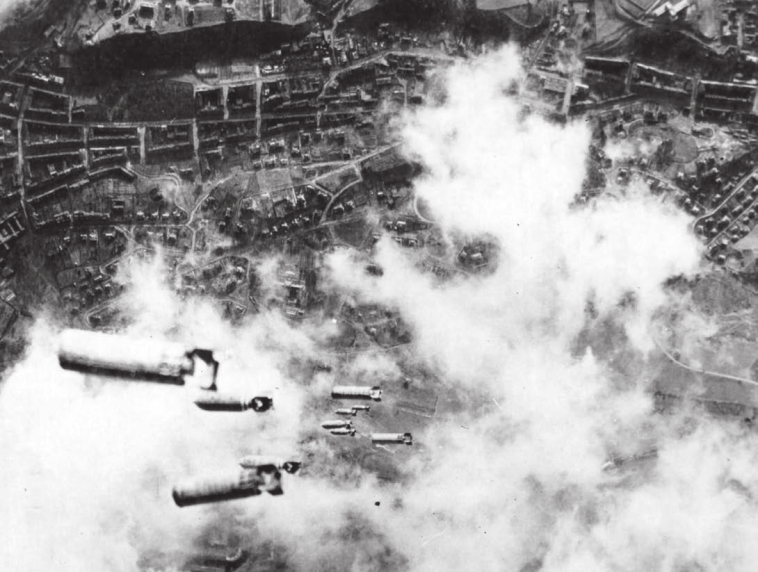The Apostrophe Blog
“I wanted all things to seem to make some sense, so we could all be happy, yes, instead of tense. And I made up lies, so they all fit nice, and I made this sad world a paradise.”
—Kurt Vonnegut
As the whole world likely knows, the reclusive author, J.D. Salinger, died at the age of ninety-one last week. I was royally hooked on everything written by Salinger when I was an impressionable teen. Franny and Zooey was my favorite; a few of the stories including the inscrutable “A Perfect Day for Bananafish” were close seconds. All these years, I dragged my tattered copies around long after many other volumes from my high school years got packed off to assorted Friends of the Library book sales. And just a year or two back, I re-read The Catcher in the Rye for what must have been, like, the tenth time. Holden Caulfield and his castigation of all things phony certainly had relevance yet again in this Reality TV and celebrity-fueled days we currently inhabit.
But for no apparent reason, after Salinger’s death, I turned to a volume by another of my adolescent favorites, Kurt Vonnegut. A Man Without a Country is a little gem of a book published in 2005 when Vonnegut was eighty-two, two years before his death. Part mini-memoir, part political satire to rival Mark Twain, this slim and entertaining volume had the power to completely and utterly cheer and charm me one day when the bleak news out of Haiti actually took a back seat to the shallow and insipid gossip-mongering our own American politics seems to have become.
It’s been years since I’ve read Slaughterhouse Five or Cat’s Cradle; again, Vonnegut was an author I plowed through, volume after volume, once I was hooked on one. His subversive wit—as he created his other “alternative” worlds or took us into the dark heart of the before and after of the firebombing of Dresden—certainly woke this middle-class baby boomer up.
A Man Without a Country is one wry and wise old soldier amazed he is still alive and even able to cast back. He is full of opinions, and that, in my view, is a very fine thing.
Vonnegut holds a jaded view of our future as a species thanks to our wholesale plundering of this planet to feed our addictions to oil and to making war. And yet he muses optimistically on the importance of community and family and laughter even in the direst of circumstances and when faced with the most unspeakable of events, with a few caveats. There is much ranging. We get his take on being a humanist, the tenets of freshwater socialism—he considered himself a proud member of that tribe—as he excoriates the Bush/Cheney junta. And a celebration of the self-made e.g., Abraham Lincoln, Eugene Debs, and Carl Sandburg. And yet he doesn’t pull punches when he tells us that, indeed, the guessers and the haters of information are the ones in charge, running this country these days. And my, he did not like George W. Bush: “I was once asked if I had any ideas for a really scary reality TV show. I have one…that would make your hair stand on end: C-Students from Yale.”
He takes on so many topics with a curmudgeonly octogenarian humor and cheer. I particularly love this bit about music:
“No matter how corrupt, greedy, and heartless our government, our corporations, our media, and our religious and charitable institutions may become, the music will still be wonderful…the priceless gift that African American gave the whole world when they were still in slavery was a gift so great that it is now almost the only reason many foreigners still like us at least a little bit. That specific remedy for the worldwide epidemic of depression is a gift called the blues. All the pop music today—jazz, swing, be-bop, Elvis Presley, the Beatles, the Stones, rock-and-roll, hip-hop, and on and on—is derived from the blues.”
Amen.
Writing isn’t forgotten, either. He shares his tried-and-true tricks for plotting and offers a few basic lessons in creative writing—mostly about not giving two hoots about being politically correct. And along the way he isn’t afraid to talk big about the vital importance about writing and art.
“If you really want to hurt your parents, and you don’t have the nerve to be gay, the least you can do is go into the arts. The arts are not a way to make a living. They are a very human way of making life more bearable. Practicing an art, no matter how well or badly is a way to make your soul grow, for heaven’s sake. Sing in the shower. Dance to the radio. Tell stories. Write a poem to a friend, even a lousy poem. Do it as well as you possibly can. You will get an enormous reward. You will have created something.”
Kurt Vonnegut and J.D. Salinger both loved the imagination. Both made beaucoup bucks fairly early in their careers from their writing then chose completely different routes to keep serving their art. Salinger seemed to hole up, needing to scribble purely to satisfy himself. In A Man Without a Country, Vonnegut gives us a few more zingers to keep us rallying, long after he is gone.
“We are here on Earth to fart around. Don’t let anybody tell you any different.” That sure sounds like it could have come out of Holden Caulfield’s sassy adolescent mouth, doesn’t it?
The public domain image above is a United State Air Force photograph from April 1945.
- Acceptance News: Red Door Magazine - November 10, 2025
- A Day of Shadows and Sun - November 10, 2025
- For the love of a watery landscape… - November 9, 2025

